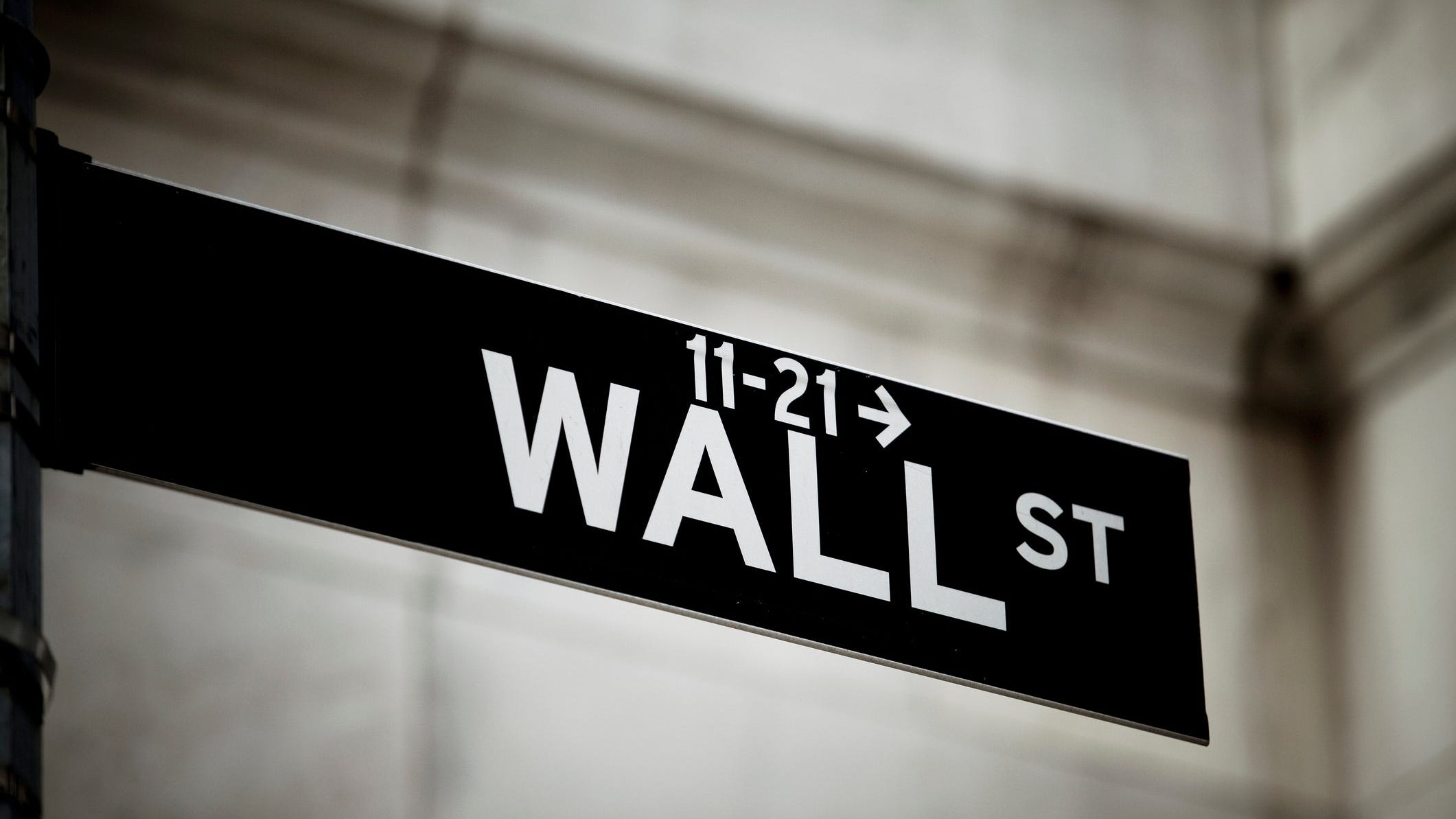First GameStop, then silver. Reddit users are putting hedge funds to the test, one short squeeze at a time. Here’s what you need to know.
USA TODAY
Stocks extended losses on Wall Street Friday, after a Federal Reserve official said that the central bank may need to raise interest rates as early as next year, sooner than expected.
Investors are still trying to assess how soon the Fed will start to lift interest rates from their ultra-low levels and scale back its bond purchases. The head of the St. Louis branch of the Fed, James Bullard, told CNBC Friday that inflation was stronger than anticipated and that the first interest rate increase could come as soon as next year.
That’s sooner than the Fed’s latest estimate of possible rate increases in 2023.
“Fed governor Jim Bullard surprised investors when he insinuated that inflation could stick around through next year and force the Fed to raise interest rates,” Callie Cox, senior investment strategist at Ally Invest, said in a note.
“This bout of inflation may be temporary, and if that’s the case, it could just be a blip on the radar for the economy and the market,” Cox added. “However, inflation can be a self-fulfilling prophecy, and Wall Street is coming around to the idea that this inflation surge may stick.”
Is the stock market closed for Juneteenth: Why exchanges will remain open for first federal Juneteenth holiday
Juneteenth 2021: Are banks open? Most will operate as usual after the new federal holiday was quickly passed
The Dow Jones industrial average shed 400 points, or 1%. Heading into Friday, the blue-chip average had shed nearly 2% this week, putting it on track for its worst week since January.
The benchmark S&P 500 index gave up 0.8%, with banks and energy companies leading the way lower. That put it on course for its first losing week in the last four. The index still sits just 1.6% lower from its record high set on Monday.
The technology-heavy Nasdaq Composite fell 0.5%, falling the least among the major indexes.
Stocks have come under pressure after the Fed on Wednesday raised its inflation expectations and moved up the time frame on when it will next lift rates, which influences many consumer and business loans.
Fed policymakers signaled that a rise in interest rates could come twice by late 2023, after indicating in March that they saw no increases until at least 2024. The central bank also raised its inflation expectation to 3.4%, a full percentage point higher than its projections in March. For many years, inflation has run below the Fed’s 2% goal.
Any easing up on the Fed’s aid for the economy would be a big change for markets, which have feasted on easy conditions after the central bank slashed short-term rates to zero and brought in other emergency programs.
The economy has begun to explode out of its coma as more widespread vaccinations help the world get closer to normal. At the same time, jumps in prices for raw materials are forcing companies across the economy to raise their own prices for customers, from fast food to used cars.
Bond yields were slightly higher after Bullard’s comments. The yield on the 2-year Treasury note rose to 0.25% from 0.23% a day earlier.
Rising prices are scaring investors. Here’s how inflation works, how it affects investments like stocks and funds and how to protect your money.
USA TODAY
U.S. stock markets remain open Friday even though President Joe Biden signed a bill that will add Juneteenth, which commemorates the date in 1865 when slaves in Texas first learned of the Emancipation Proclamation, as the 11th federal holiday.
Markets are set to remain open Friday because of how quickly the legislation passed through Congress, according to people familiar with the matter.
Friday is also “quadruple witching day,” the quarterly expiration of U.S. options and futures contracts that can bring increased trading volume and can add to market volatility.
Will the stock market take a breather?: Here’s what the second half of 2021 could look like for your retirement investments
“[Friday] is an options expiration day with an unusually large amount of contracts expiring so that coupled with the fact that it’s now a federal holiday where volumes will likely be low, may only add to any potential volatility,” Paul Hickey, analyst at Bespoke Investment Group, said in a note.
In energy trading, benchmark U.S. crude fell 47 cents to $70.57 a barrel in electronic trading on the New York Mercantile Exchange. It fell $1.11 to $71.04 per barrel on Thursday. Brent crude, the international standard, lost 58 cents to $72.50 a barrel.
In currency trading, the U.S. dollar fell to 110.14 Japanese yen from 110.23 yen. The euro inched up to $1.1916 from $1.1908.
Contributing: The Associated Press


